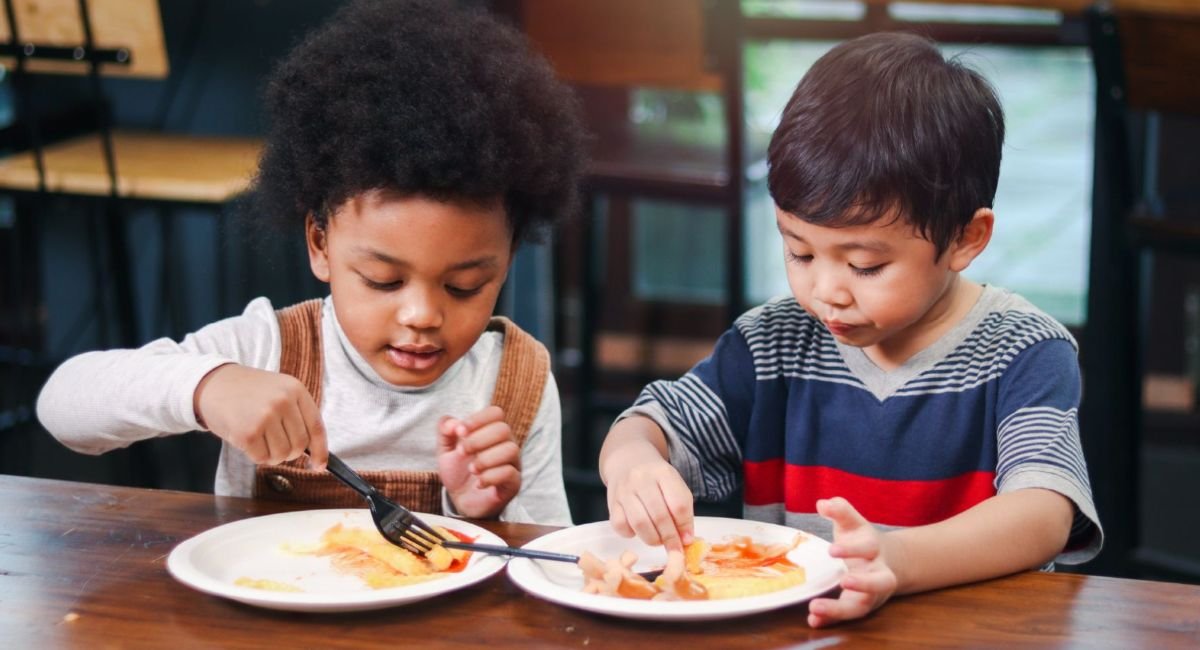It’s easy to be wistful about summertime. It’s a period many children look forward to—full of sunshine, adventure… not to mention zero homework! But while summer is an enjoyable time for some, for youth in low-income households, it can also be a challenge.
In addition to learning loss and a lack of positive support networks, summer poses nutritional challenges for children who rely on school-sponsored meals. It also puts additional pressure on families at a time when inflation and soaring grocery prices are already taking their toll.
No easy fixes
This summer, the City of Atlanta and the Georgia Department of Early Care and Learning are hosting Bright from the Start, a summer-long food program that provides nutritious breakfast and lunch options to Atlanta youth from June 5 until July 21. The program includes a mobile feeding truck that will distribute 5,000 meals throughout various locations.
But despite these excellent programs, many children are unable to access them due to transportation and other factors.
In 2019, a study by the Food Research & Action Center revealed that less than 15% of low-income students served by the National School Lunch Program (NSLP) maintained access to similar programs during the summer.
Government food programs are a big help, but to ensure our children are being fed during the summer, we must also make an effort to act locally.
Making a difference in our community
At Emmaus House, we recognize the importance of convenient and consistent nutrition options. The Emmaus House Food Pantry is just one of the ways we address food insecurity in our community by making healthy food options accessible to our neighbors.
The Lokey Help Center also helps neighbors apply for Supplemental Nutrition Assistance (SNAP) to meet their everyday needs, and the Emmaus House Freedom School provides children K-8 with healthy meals and snack options throughout the 6-week program.
Click below to learn more about our food pantry, as well as some of the other ways we’re helping ensure that children and families have plenty to eat during the summer months.











